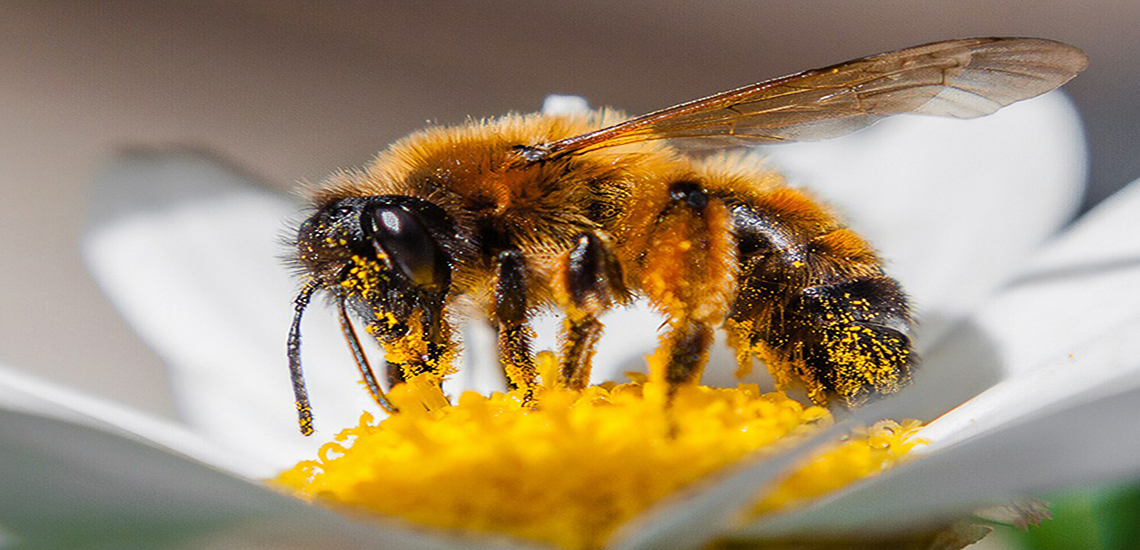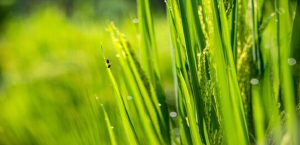Abstract:
Mountain ecosystems are natural laboratories for species evolution. Alpine environments at high mountains are sensitive to environmental changes, and plants and their pollinators in mountainous regions are threatened under current global changes. Currently, pollination and pollinators in mountain ecosystems have not been fully explored, and the spatio-temporal pattern of pollination networks along elevation gradients and the factors determining network structure are not fully understood. In the past two decades, we selected several typical elevation gradients on the Hengduan Mountain region in southwestern China to study pollination and pollinators at population and community levels. In this talk, I present our key findings: 1) Compared to other mountain ecosystems, the specialization of pollination networks in our communities was much lower, potentially due to the key roles of super generalists including bumblebees and honeybees; 2) Species abundance, functional traits and phylogenetic history strongly shaped network structure; 3) Microhabitats play a key role for shaping spatial and temporal variation of pollination systems at population to community level. Our studies have uncovered the uniqueness of pollination in the mountains of southwestern China compared with other mountain ecosystem in the world, providing new understanding of plant-pollinator interactions.
Speaker: Prof. Zongxin Ren
Affiliation: Kunming Institute of Botany, Chinese Academy of Sciences
Time: 3:00 PM, Tuesday, June 25, 2024
Venue: Offline: The Conference Hall in Xishuangbanna Headquarter
Online: Tencent Conference Platform ID:825-407-748



